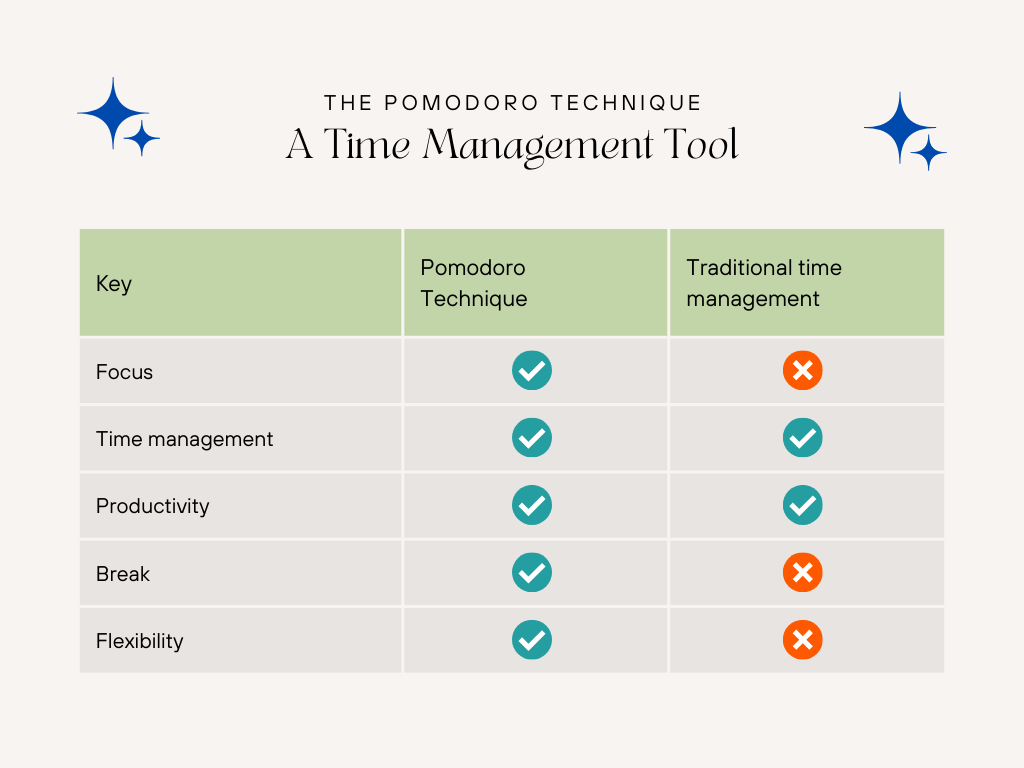
How to Study for Exam Last Minute: Effective & Easy Tips to Ace It
Introduction
Are you staring at the clock, feeling that sudden panic as the exam date draws near, and realizing you have little time to prepare? Don’t worry—you’re not alone. Many students face this exact situation, and the good news is it’s not too late! You can confidently turn things around and walk into that exam room even with limited time.
In this blog, we’ll share practical, easy-to-apply strategies for studying for an exam at the last minute, reducing stress, and ensuring for your best performance. Whether you're facing challenges for an exam or revising at the last minute, these tips help you maximize your efficiency and ace your test.
Prioritize the Most Key Information:
Being strategic about what you study is essential when you are short on time. It doesn't mean you're stuck, Not having time to read every chapter or topic. Focus on the most essential material—the sections or topics anticipated to dominate the exam.
Here’s how you can do this:
- Review the syllabus: Your syllabus is like a roadmap, guiding you to what’s most important. Pay special attention to areas your teacher highlighted or mentioned that would be crucial for the exam.
- Look for patterns: Review past papers or quizzes to spot recurring questions or topics. These are likely to appear again.
- Focus on summaries: Chapter summaries or review sections in your textbook are gold. They condense the most critical information into easy-to-read chunks.
When you prioritize, you ensure that even if you don’t cover everything, you still hit the key points that matter most.

Use active recall and spaced repetition.
The temptation to reread your notes repeatedly is strong, but research shows this isn’t the best use of your time. Instead, one of the best ways to absorb information quickly is through active recall. This method forces your brain to retrieve information from memory, strengthening those connections and helping you retain what you've learned better.
How to use active recall:
- Test yourself: Use flashcards (digital apps like Quizlet work great) or have a friend quiz you on key topics.
- Answer questions out loud. This helps reinforce what you’ve learned and highlights areas you might need to review again.
Combining active recall with spaced repetition—where you review information at increasing intervals—makes you even more likely to remember the material during your exam.
Pomodoro Technique for Time Management
Time management technique is everything when you are down to the wire. Instead of cramming nonstop breaks, break your study sessions into manageable blocks using the Pomodoro Technique. This method allows you to focus intensely for short bursts, followed by a brief break to recharge.
Here’s how it works:
- Set a timer for 25 minutes and focus solely on studying during this time.
- You must take a 5-minute break to hydrate, stretch, or relax.
- After four "pomodoros" (study sessions), take a longer 15- to 30-minute break.
This effective method keeps you focused and prevents burnout, ensuring you stay productive without overwhelming yourself.

Stay calm and practice self-care.
When time runs out, the natural reaction is to stress out and cram all night. But here’s the truth: stressing out will only worsen things, and pulling an all-nighter is more likely to hurt your performance than helping it.
Explore here are a few practical self-care tips that can make a positive difference:
- Get enough sleep: Aim for at least 6–7 hours of sleep the night before the exam. Your brain needs adequate rest to function at its best.
- Stay hydrated: You must drink sufficient water B because dehydration can lead to fatigue and difficulty concentrating.
- Eat brain-boosting foods: Light snacks like nuts, fruits, and yogurt can help sustain your energy levels without making you feel sluggish.
Taking care of your body will help you stay sharp, focused, and calm, even when the pressure is on.
Use visual aids and mind maps.
Visual learning tools like mind maps and diagrams are resourceful for organizing information and making complex concepts more digestible. They also help you see connections between ideas, making it easier to recall them during your exam.
- Build a mind map: Place your main topic in the center, then segment the related ideas and necessary details to create a clear and visual structure. Visualizing the mind map helps your brain process and retain information more effectively.
- Use color-coding: Make highlight important points using different colors. This task makes your notes more visually appealing and helps you remember them better.
Visual learners will significantly benefit from this technique, but even if you're not, it's a helpful way to break up the monotony of reading endless pages of text.

Study in Short Bursts
Trying to study for many hours without a break will only lead to frustration and exhaustion. Instead, study in short, focused bursts, giving your brain time to rest and absorb the information.
- Focus on a single task for 25 to 30 minutes.
- Take short breaks to stretch, walk around, or grab a snack.
- After several bursts, take a more extended break to relax and reset.
This practical approach helps to keep your mind sharp and your body energized, allowing you to study more effectively even when pressed for time.
Practice past exam papers.
One of the most effective ways to prepare for any exam is to practice previous exam papers. This helps you familiarize yourself with question formats and types and identify areas that need more review.
- Set a timer and complete a past exam under actual test conditions. This will give you a sense of how much time you’ll have and how to pace yourself.
- Review your answers to focus on where you can improve.
This kind of practice helps build confidence and gives you a clear understanding of where to focus your last-minute study efforts.

Avoid multitasking and better to focus on one task at a time.
When pressed for time, multitasking is a good idea, but it only complicates things. When you try to juggle too many tasks at a time, you do them poorly. Instead, focus on one task at a time.
- Single-task: Focus entirely on the task, whether reviewing a particular chapter or practicing exam questions.
- Stay focused: When your mind begins to drift, pause, take a deep breath, and gently refocus on the material at hand.
By focusing on one thing at a time, you’ll get more done and retain more information.
On the day of the exam,
The hard work is done. Now it's exam day, and it's time to put everything into practice. There are a few last-minute tips to help you stay calm and focused:
- This will give you the energy you need without making you feel sluggish.
- Give yourself plenty of time to get to the exam room so you’re not stressed before you begin.
- If you feel anxious, then take deep breaths to calm your nerves.
When you sit down to take the exam, start with the simple questions to build your confidence, then move on to the more challenging ones. It would help to remember to prepare as best as possible; now it’s time to show what you’ve got.
Conclusion
Last-minute studying doesn’t have to be disorderly or stressful. You have to enter into the exam hall with full confident, prepared by focusing on the essential information, using effective study techniques like active recall and spaced repetition, and caring for your mind and body.
Remember, it’s not about memorizing the process all in one. It’s about studying efficiently, staying composed, and giving your best.
Study Tips Students Study Motivation

